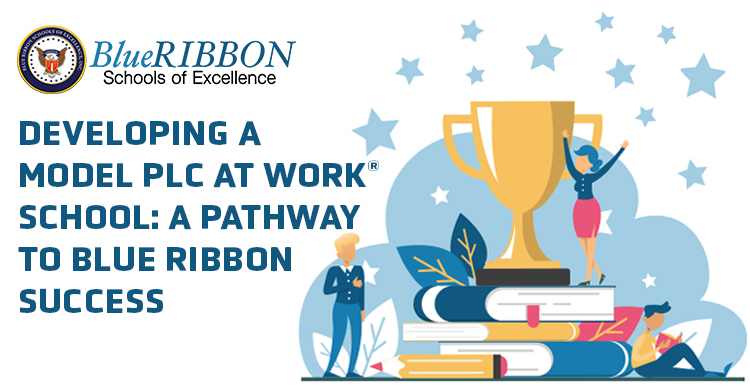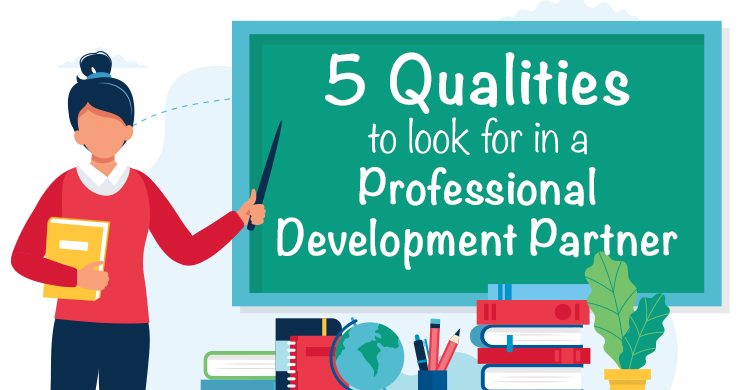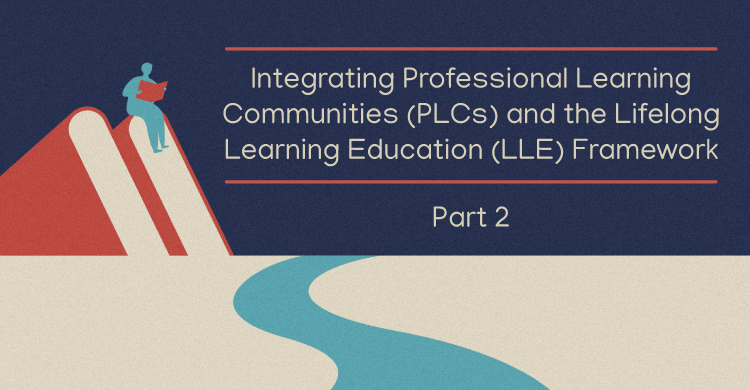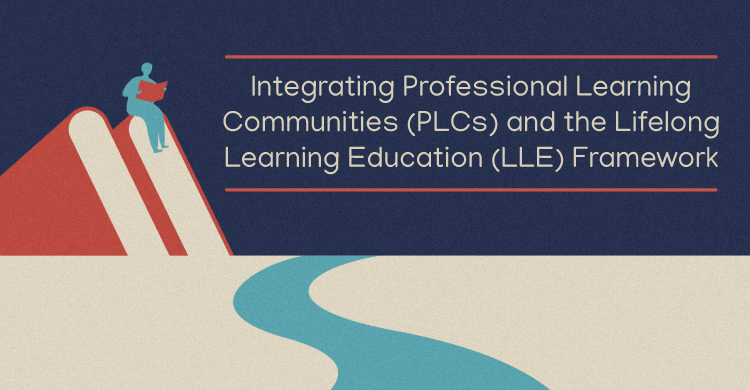


5 Qualities to Look for in a Professional Development Partner
District and building administrators have a dizzying array of professional learning options to choose from




District and building administrators have a dizzying array of professional learning options to choose from

